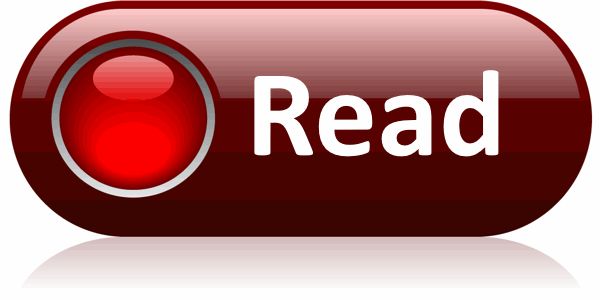By Shaun Woyak, Leadership and Business Development Consultant
More Than Sales 2.0
I have been involved in business development for the majority of my career. When I say business development, I mean it to encompass the entirety of activities needed to support and sustain growth. I recently took the opportunity to peruse the job market for Business Development Professionals. Imagine my surprise when job post after job post referenced business development as either sales or an extension of sales.
So, what is business development?
The generally accepted definition of business development is “the creation of long-term value for an organization from customers, markets, and relationships”.
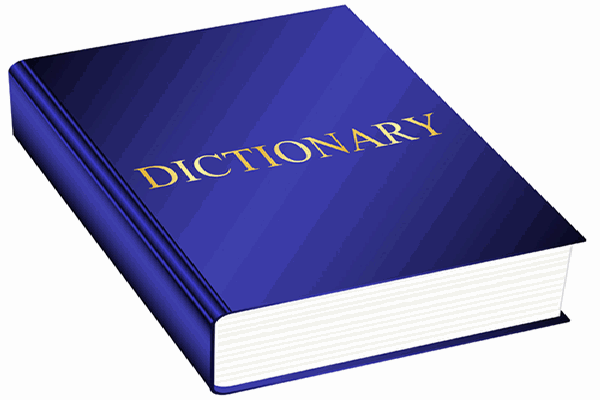
Crafting a Sustainable Organization
As vague as the above definition seems, it does have some merit. The creation of long-term value points to the idea that business development should contribute to the efforts of building a sustainable organization. We can also look at the “how” of business development in that statement through the specification of customers, markets, and relationships. You can easily see how looking at externals only drives organizations to push business development into a sales role.
However, the goal of business development should be to develop business and contribute to crafting a sustainable organization. Your business is not made solely of sales and relegating the idea of development to the sales department only goes to provide support and growth for one aspect of your business.
The goal of business development should be one of sustainability through all departments to support the initiatives of the organization. This is a combination of relationship management with customers and suppliers, your internal operations, new product development, supply chain management, and functional support areas such as IT, HR, and finance.
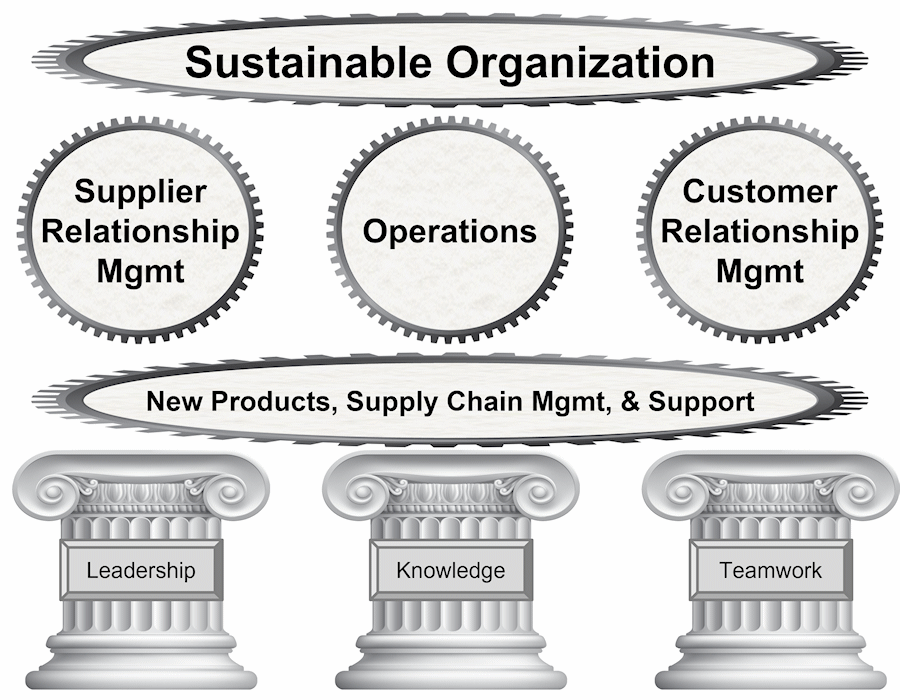
The Missing Element
So, what’s missing from the accepted definition of business development?
How about the structure needed internally to support the focus on long-term value. There’s a key element missing in our definition of business development. There is a need to create long-term value which is “sustainable for all stakeholders”. Consider how everyone contributes to value add and business value add; they all have a role in the sustainability of any growth. There’s an old adage about your mouth writing a check your body can’t cash. In these cases sales is the mouth of the organization, but as part of development you need to make sure your body, the company as a whole, can meet the promises of your sales team.
Even if business development is being driven into a sales role, it still affects all the other functional areas required to become a sustainable organization. Every sale sends ripples throughout the organization. So who is directing your policies, procedures, budgeting, and management of all those non-sales areas involved in business development?
I have been part of an organization which was sales driven to achieve growth. They too took the approach of business development as a function of sales. This led to exponential sales growth through the efforts of the business development team. Which in turn led to broad spectrum system failures throughout the organization due to a failure to consider all aspects of “business development”. I rebuilt that organization from the ground up. Let me tell you, if you shoehorn Business Development into a sales function, you’re only addressing part of the growth needs of your organization while setting yourself up for a fall.
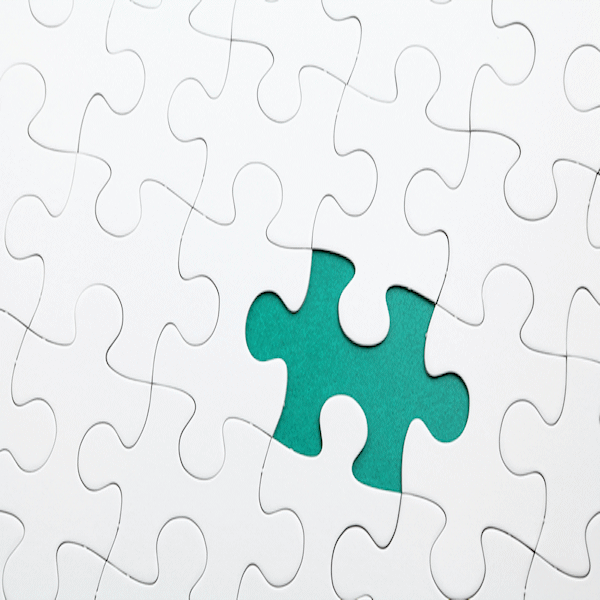
One Example
Let’s examine a situation where business development was limited to the sales department.
I was brought in as a consultant to help a small regional organization in the area of business development. Their goal was continuous growth through the expansion of territory. I was relegated to negotiating service contracts with national entities to support this growth agenda. This was clearly a sales driven approach to grow the business by establishing new service contracts. Not only was the growth initiative a success, growing from a two-state territory to a seven-state territory, I was able to help the organization become the 5th largest service provider of their type in the country.
Ah-ha you say, look at the success and value you added to the organization. This is the very definition of business development!
Unfortunately, as the organization was growing, I noticed a startling trend. No one in the management structure had considered sustainable hiring practices. Their plan for moving into a new territory was to send an experienced employee on a hiring blitz to find as many personnel as possible. Of course, this led to the hiring of a number of individuals who weren’t able to maintain the high standards which set the organization apart from their competition. They also failed to establish a permanent leadership presence in any of the new territories.
This resulted in a bunch of new hires, none of which had any established long-term loyalty to the organization. They also lacked the background in how the organization provided services. The leadership response was to send an experienced employee into the area every once in a while to check on the new hires. At least 75% of the time, the new hires had no direct supervision.
You can imagine how “long-term” the gains for the organization were in this situation. A few months after my initial contract completion, I received a call to come back and rebuild what had fallen into disarray. They had gone to the peak of their industry, but their balance was off, which led to a drastic fall. They lost much of the new business and also lost some of their previously existing business, as poor performance spread throughout the organization.
The failure to integrate their so-called business development initiative with the entire organization led to growth without the support required to be sustainable. The pursuit of immediate growth did produce short-term gains in customers and revenue. But it did not develop their business. It was not business development!

Summary
So, if the current utilization and definition of business development is flawed, then what is business development?
The Oxford dictionary defines business as “a commercial operation or company” and development as “an event constituting a new stage in a changing situation”.
I see two important pieces in these definitions. One is “commercial operation” which tells us business is not just about sales. The other is “changing situation” because whether you’re introducing a new product, bringing on new customers, or working a process improvement initiative, you are changing the way business is done throughout the organization”.
It’s time to refine our definition of business development and I propose the following: “the process of creating positive changes in policies, procedures, people, and products for long term value and organizational sustainability for all stakeholders”.
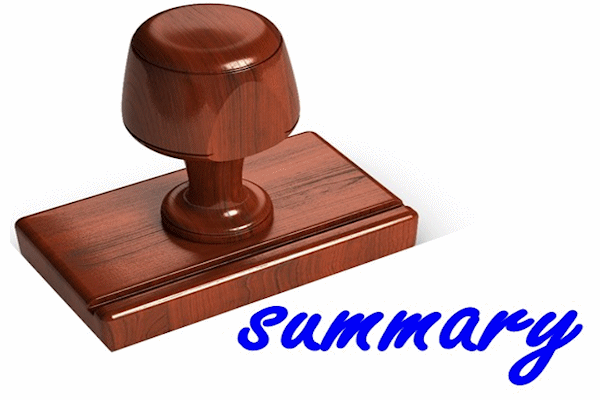
About Shaun Woyak
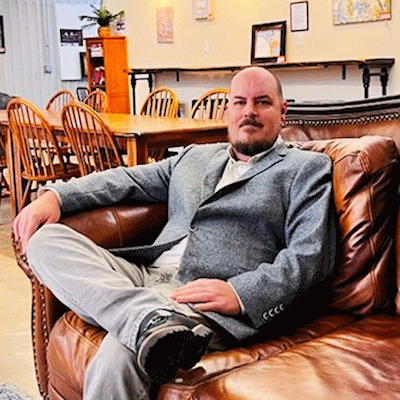
Shaun Woyak is a professional Business Development consultant and speaker with 15 years of experience in developing emerging businesses in mature markets, developing mature businesses in saturated markets, and initiating new product/process roll outs on a national level. Shaun has led, trained, and developed teams in field and customer facing environments as well as leading executive level coaching and development. Shaun specializes in service-based industries and approaches Business Development with an eye towards Lean Process Improvement.
Shaun is an Honors Graduate, from the University of Colorado at Colorado Springs, with a B.S. in Business and an Honors Graduate from Louisiana State University – Shreveport with an MBA. Shaun is also a Certified Lean Practitioner.
You can contact Shaun through his: LinkedIn profile.
Bullwhip Effect
The Credential Registry
Building a Center of Excellence
What is Business Development?
Challenges of Creating Alignment
Subscribe to our newsletter
References
What, Exactly, Is Business Development? by Scott Pollack
Organizational Improvement Acronyms by Transformance Advisors
Organizational Improvement Definitions by Transformance Advisors
